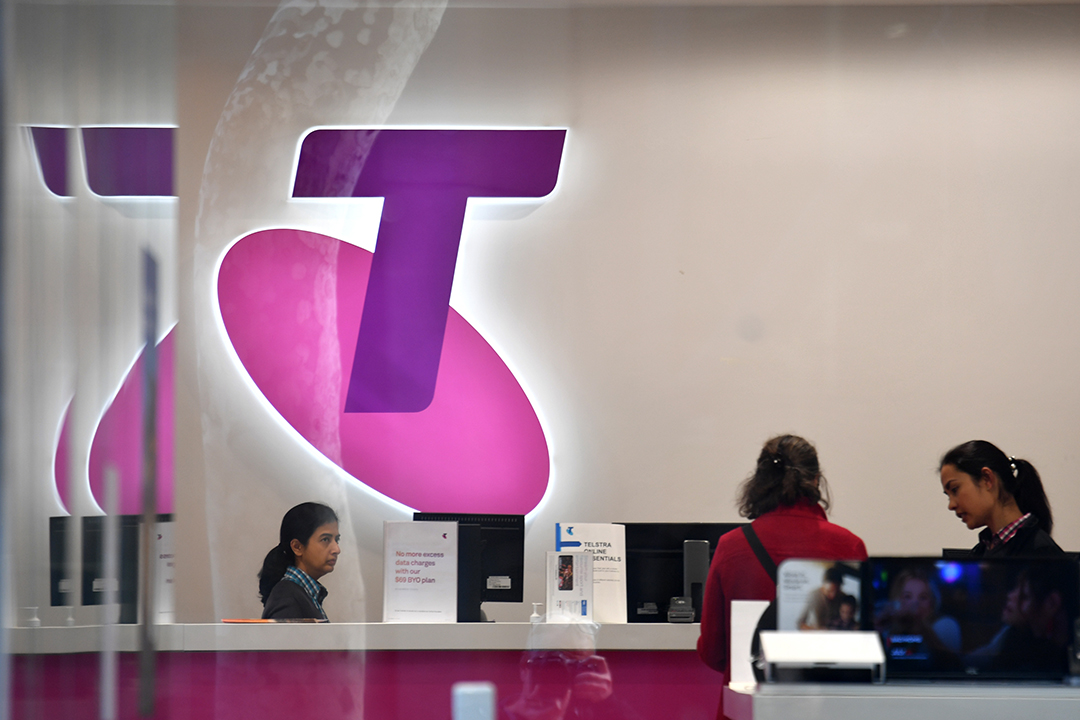

The CFOs of big companies such as miner Rio Tinto and Telstra can call it what they like but when a big business tells a smaller business supplier that they are going to pay later than usual but could pay earlier if they’re given a discount, it’s nothing more than bullying!
In accounting circles they call it reverse factoring but it’s bullying. And both sides of Parliament have paid lip-service to small businesses not being given the run around when it comes to big businesses paying their bills on time but it’s time something is done.
This sneaky little play that helps the big business’s cash flow at the expense of the smaller one could easily be taken up by other bigger operations unless the Government says “no more.”
Yesterday, The Australian newspaper broke the story and today the AFR tells us that Rio Tinto has dumped the practice. Thank God for the media — we’re not all bad!
But Telstra is still flying the flag for this unsavoury payments practice and it comes at a time when we’ve learnt that business confidence is at a 6½-year low!
Rio’s number cruncher called it the “accelerated payment” programme but that was a technical term for using your weight to play hard ball.
The AFR today says Rio forced “companies that supplied it with goods worth less than $1 million to take a pay cut of up to 2 per cent in exchange for timely payment.”
Factoring has been an option many small businesses have used in the past to help their cash flow but it has always come at a price. And many times it has been used because big businesses pay too slowly. I recall a small and gifted baker who secured a huge contract from a big supermarket group and because the buyer’s payment terms were at least a month, it was too long for her to wait with all the growth she was enjoying that she simply got a factoring firm to buy her invoices. The factoring firm then received the payments from the supermarket but the baker effectively discounted her invoice by the amount the factoring firm charged her.
That was a voluntary decision but reverse factoring would be when the supermarket tells the baker she would have to cop less unless she was prepared to wait!
It doesn’t look like a great practice and especially for a company such as Telstra, which is famous for its annual Telstra Small Business of the Year awards. It’s a bad look and it can’t be great for its brand.
Only last week the Brand Finance showed how Telstra’s brand value had dropped as Optus was hailed as the company with the “nation’s strongest brand with brand strength index (BSI) score of 86.3 out of 100.”
At the same time, the country’s largest mobile network provider, Telstra, has recorded a considerable drop in brand value over the past year, down 20% to AU$11.7 billion. But in the past it has been the best brand in the country.
“Woolworths has reclaimed the title of Australia’s most valuable brand, overtaking reigning champion Telstra, after recording a 5% uplift in brand value to A$11.8 billion,” the Brand Finance report revealed.
Let’s hope Telstra recants on this reverse factoring ploy. And let’s hope the Small Business Minister, Michaelia Cash, gives the telco and any other company that might be trying this the “not happy” call.